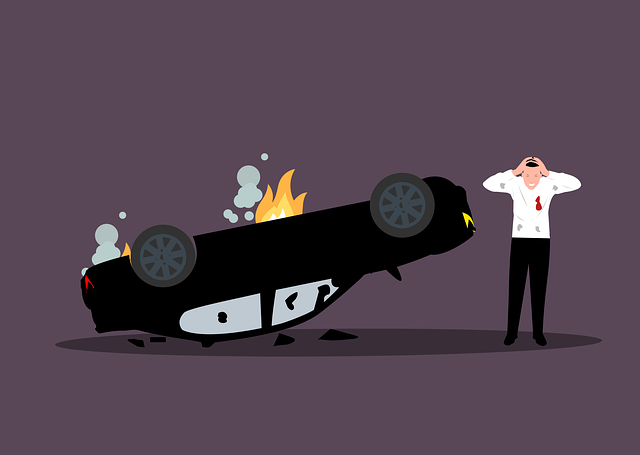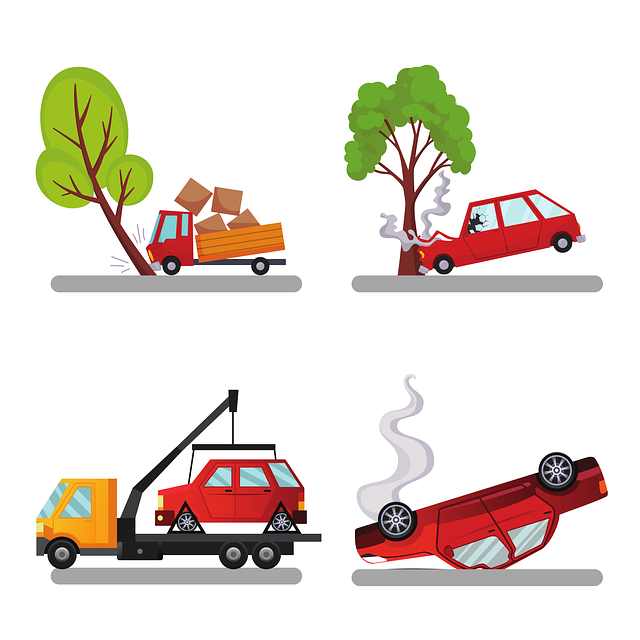Pain and suffering damages in personal injury cases, including slip and fall incidents, encompass physical and emotional distress beyond medical bills and lost wages. Key factors for courts include injury severity, recovery duration, loss of enjoyment of life, and permanent disabilities. Understanding these requirements, gathering evidence, and consulting attorneys promptly are crucial for navigating complex legal processes. Skilled injury legal help navigates subjective non-physical harms, using expert testimony, medical records, and other evidence to ensure accurate representation and fair compensation.
“When dealing with pain and suffering injury legal help, understanding the complexity of damages is crucial. This article guides you through the intricacies of seeking compensation for non-physical harm. We delve into key aspects such as assessing injury legal help requirements and navigating the process of compensating for emotional distress. By exploring these topics, individuals affected by injuries can gain valuable insights into maximizing their pain and suffering settlements.”
- Understanding Pain and Suffering Damages
- Assessing Injury Legal Help Requirements
- Navigating Compensation for Non-Physical Harm
Understanding Pain and Suffering Damages

Pain and suffering damages are an essential component of injury legal help, compensating individuals for the physical and emotional distress caused by their injuries. This type of compensation goes beyond medical bills and lost wages; it’s about recognizing the impact an injury has on a person’s quality of life. A personal injury attorney Boca Raton FL, for instance, understands that slip and fall compensation should encompass not just the immediate effects but also the long-term consequences, including ongoing medical treatment, reduced mobility, or even psychological trauma.
When determining pain and suffering damages, courts consider various factors such as the severity of the injury, duration of recovery, loss of enjoyment of life, and any permanent disabilities resulting from the incident. These elements help assess a fair and just compensation that can make up for the physical discomfort, mental anguish, and limitations imposed by the injury. Understanding these dynamics is crucial for both plaintiffs seeking personal injury compensation and defendants aiming to mitigate costs, ensuring a balanced outcome in injury legal cases.
Assessing Injury Legal Help Requirements

When seeking injury legal help, understanding the requirements is essential to navigate the complex process effectively. The first step involves evaluating the nature and severity of the injuries sustained, as this significantly impacts the potential compensation. Documentation plays a crucial role; medical records, police reports, and witness statements are vital pieces of evidence that support the case. In personal injury claims, especially those involving motor vehicle accidents, timing is critical. Many jurisdictions have statute of limitations, so it’s advisable to consult a qualified car accident lawyer Orlando or truck accident attorney promptly after an incident.
Additionally, the extent of pain and suffering, along with any long-term disabilities, will be considered in calculating damages. These factors, coupled with the strength of legal representation, can greatly influence the outcome of truck accident settlements or personal injury cases. Therefore, those in need of injury legal help should prioritize finding a reputable attorney who specializes in such matters to ensure their rights are protected and they receive fair compensation for their troubles.
Navigating Compensation for Non-Physical Harm

Navigating compensation for non-physical harm is a complex aspect of personal injury compensation. When an individual suffers emotional distress, loss of enjoyment of life, or other non-physical injuries, quantifying their pain and suffering becomes more challenging. Unlike physical injuries with readily measurable medical costs, non-physical damages are often subjective and harder to value. However, experienced injury legal help can guide claimants through this process.
Legal professionals skilled in personal injury cases understand the nuances of evaluating non-physical harm. They may consider factors such as the severity and duration of emotional distress, the impact on daily activities, and the loss of quality of life. In cases like a slip and fall compensation claim or a truck accident injuries scenario, these damages can be significant yet difficult to articulate. Through expert testimony, medical records, and other evidence, injury legal help ensures that non-physical harm is accurately represented and justly compensated.
Calculating pain and suffering damages is a critical aspect of injury legal help, ensuring victims receive fair compensation for their non-physical harm. By understanding the impact of these losses and assessing specific requirements, individuals can navigate the process with confidence. This article has provided insights into navigating compensation, highlighting the importance of seeking expert advice to secure the best outcome in terms of injury legal help.






